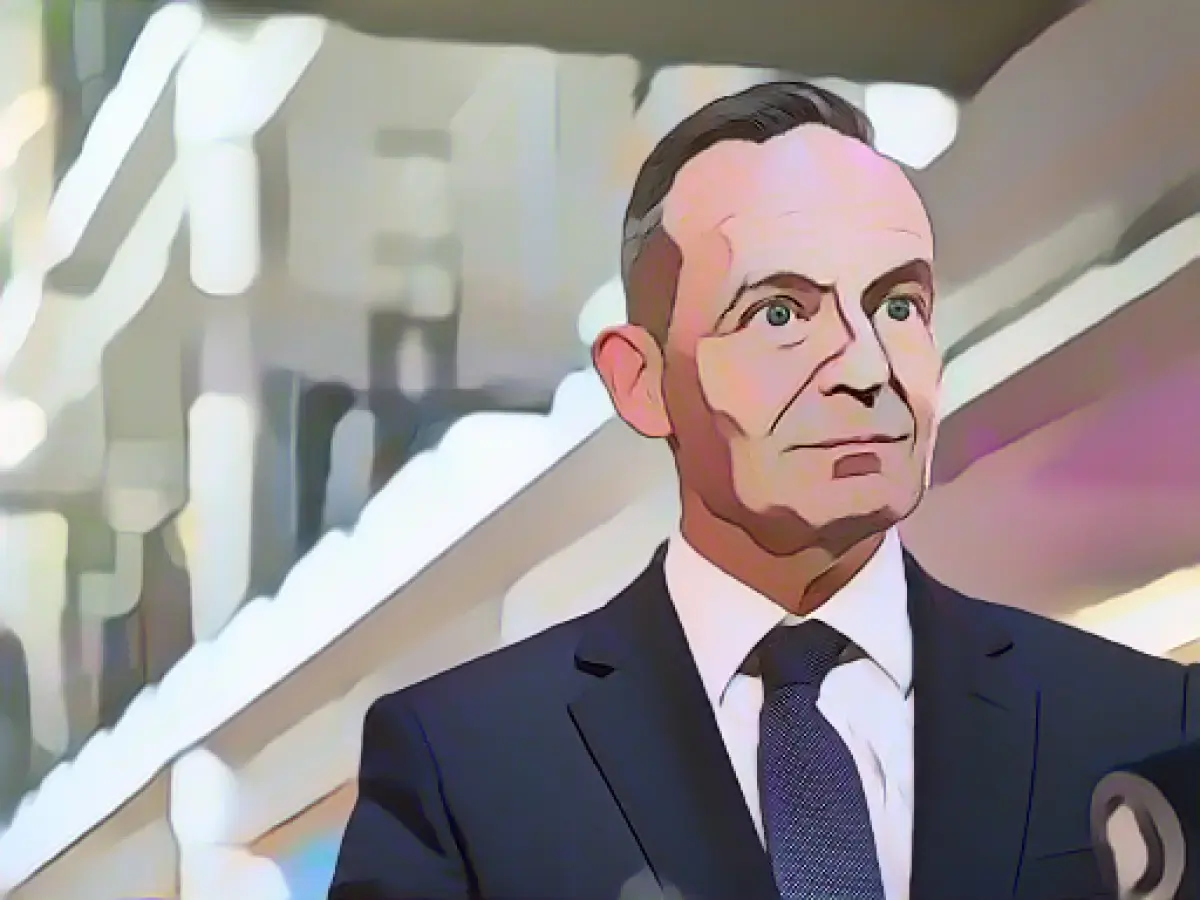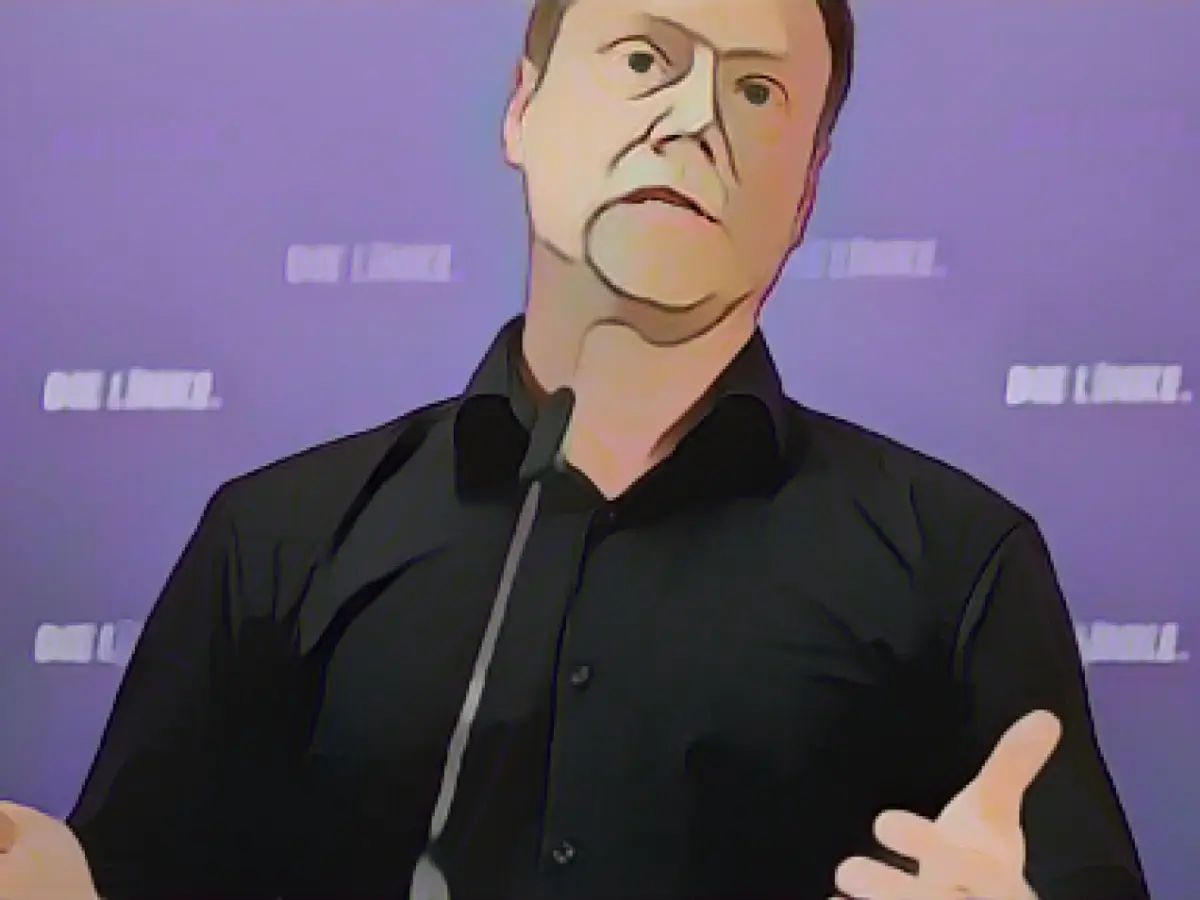Volker Wissing, the Federal Transport Minister, pins the Deutschlandticket's fate on the federal states' shoulders. The pricing, as Wissing sees it, is primarily their call to make. He suggests they could enhance the ticket’s attractiveness by offering more favorable structures, ramping up advertisements, and drawing in new subscribers to maintain the ticket's affordability. Wissing also advises against competing products, like city-specific tickets or Berlin's 29-euro ticket, as they contradict the Deutschlandticket's purpose.
The federal government and the federal states agreed to utilize any unused subsidies from 2024 to offset revenue losses in the transport sector. The federal states’ transport ministers are tasked with devising a plan for implementing the ticket by the 1st of May 2024. Remarkably, Wissing insists that an extra funding obligation has been explicitly excluded from the decision, which he regards as establishing a financial boundary.
This year and subsequent years, the federal government and the states will each contribute 1.5 billion euros annually to the Deutschland Ticket, which presently costs 49 euros. Wissing advocates investing more in rail infrastructure to ease traffic congestion, as encouraging train usage over cars could aid the ticket's financial sustainability.
To ensure the Deutschlandticket's financial stability, the government and states must align their finances, taking into account the rail industry's revenue shortfalls. Controversy surrounds the Deutschlandticket's funding, primarily due to the inconsistencies in allocation of the initial 1.5 billion euro pledge by the federal government.
The decision to launch the Deutschlandticket in May 2023 served to counter rising energy costs inspired by the Russian invasion of Ukraine. However, the funds failed to materialize by May 2024, prompting a potential price hike until 2025. The traffic light coalition's collapse in November 2024 further complicated matters, leading to a scramble for a resolution.
In July 2024, Volker Wissing managed to secure the necessary funds for the Deutschlandticket by compelling the Bundestag to amend the Regionalisation Act. Avoiding a price hike until 2025 was a victory for Wissing. However, the ticket's future beyond 2025 remains clouded, with the CDU/CSU and various political parties voicing different opinions.
In conclusion, the Deutschlandticket's funding is a source of ongoing dispute between the federal government and the federal states, with Wissing playing a vital role in securing short-term funding. The long-term future of the ticket still hangs in the balance, depending on the decisions of the new coalition government following the federal election.







